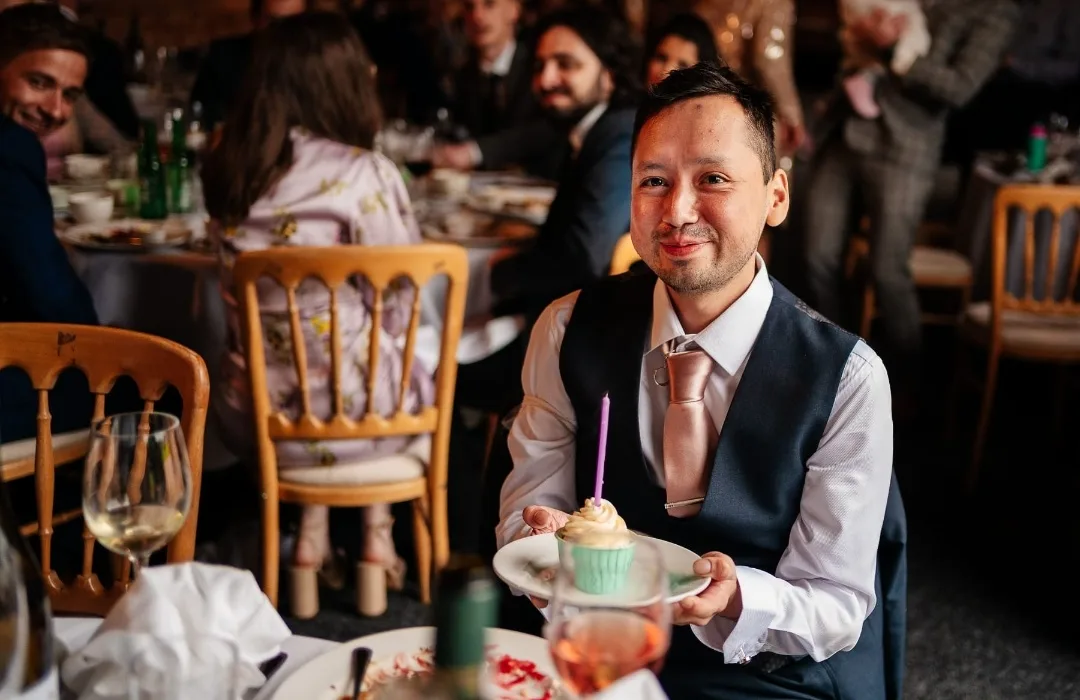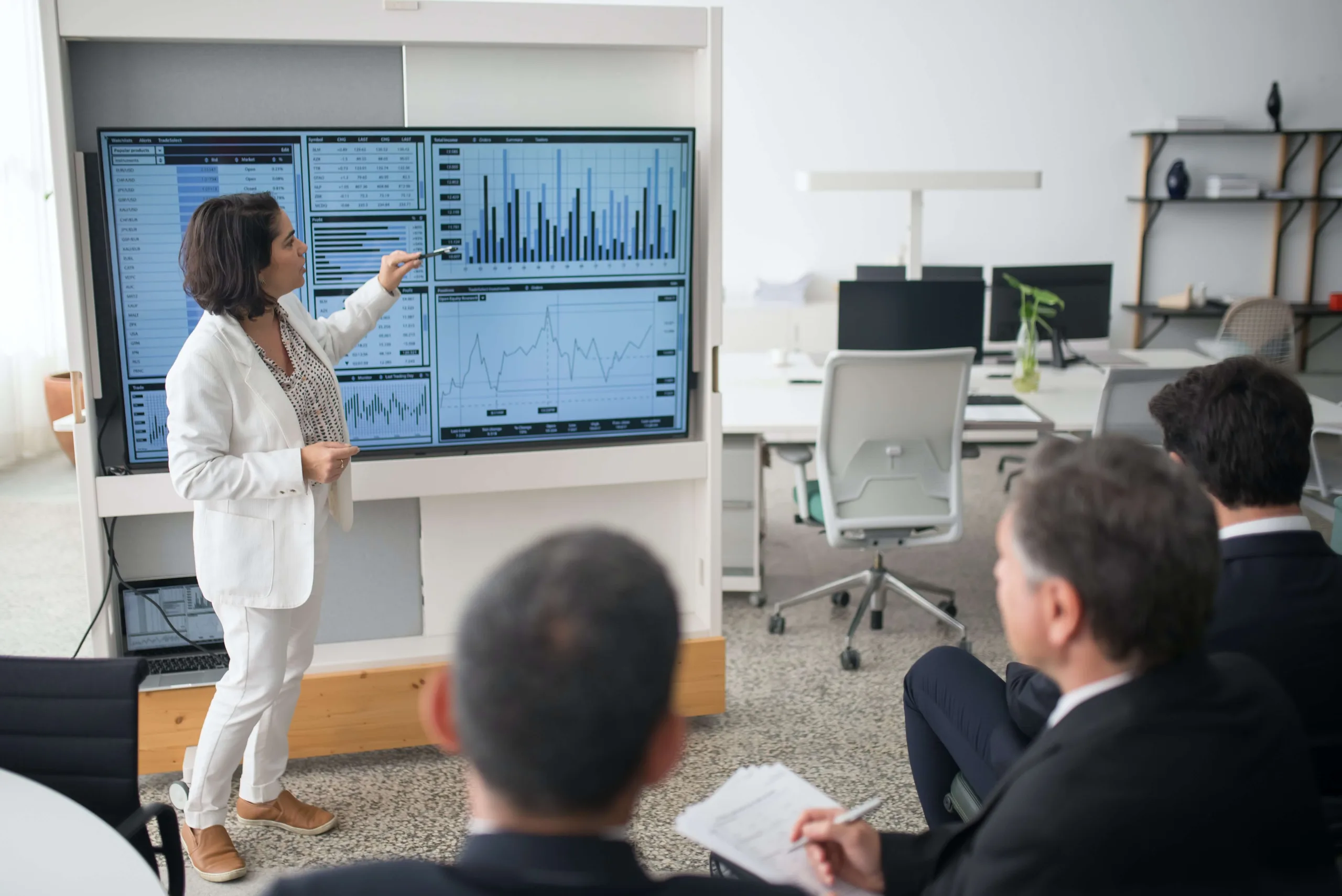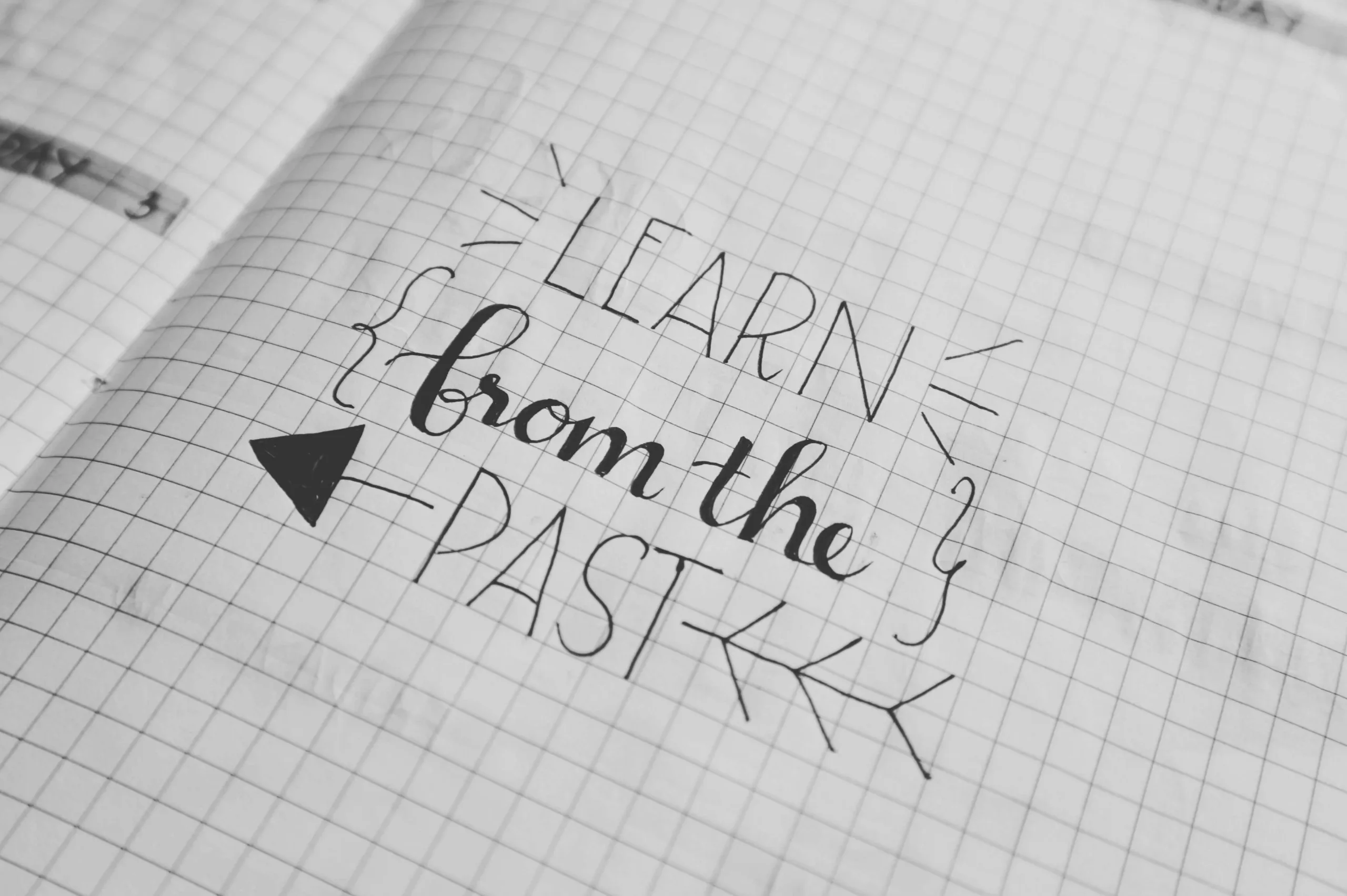
It’s Your PhD: How to Deal With Unhelpful Advice
This article explores how advice, whether solicited or unsolicited, can damage the morale and hope of those doing a PhD. The purpose of this article is to comment on the boundaries that researchers must put in place to avoid being negatively affected: we must be discerning as to whether advice is useful and pertinent, or whether it is not applicable to us. The main message is: don’t listen to everyone, and trust your own judgement!











